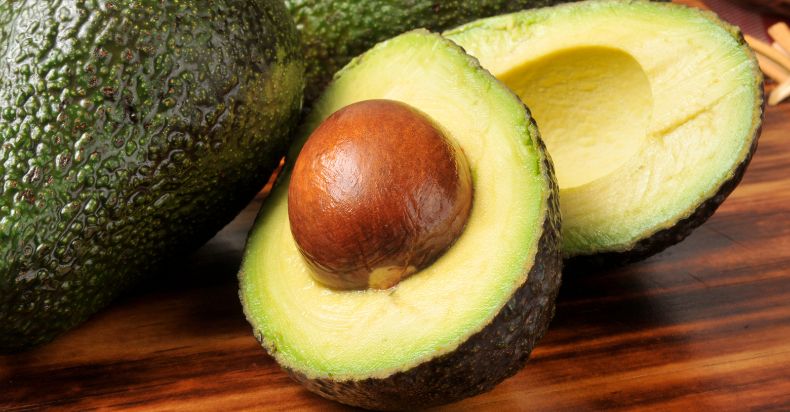Avocados have gained popularity in recent years for their creamy texture and numerous health benefits. They are a great source of healthy fats, vitamins, and minerals. However, for individuals who need to monitor their oxalate intake, a common question arises: are avocados high in oxalates?
Are Avocados High In Oxalates?
Avocados contain a relatively low to moderate amount of oxalates. One medium-sized avocado (about 200 grams) contains approximately 19 milligrams of oxalates, which is considered to be a low to moderate oxalate level. This makes avocados a suitable option for individuals who need to monitor their oxalate intake.
What Are Oxalates?
Oxalates, or oxalic acid, are naturally occurring compounds found in a variety of foods, including fruits, vegetables, nuts, and seeds.
While they are harmless for most people, high oxalate levels can be a concern for individuals with kidney stones or other kidney-related issues, as oxalates can bind to calcium in the urine, forming crystals that may lead to kidney stones.
The oxalate diet is a dietary plan that aims to reduce the intake of oxalates to prevent the formation of kidney stones and other related health problems.
Nutritional Benefits of Avocados:

Avocados are a nutrient-dense food that is high in monounsaturated fats, which are heart-healthy fats.
They are also a good source of vitamins E, K, and several B vitamins, as well as potassium, magnesium, and folate.
Additionally, avocados are rich in antioxidants, which can help reduce inflammation and protect against chronic diseases.
Oxalate Content in Avocados:
Avocados contain a relatively low amount of oxalates. One medium-sized avocado (about 200 grams) contains approximately 19 milligrams of oxalates, which is considered to be a low to moderate oxalate level.
This makes avocados a suitable option for individuals who need to monitor their oxalate intake.
When comparing the oxalate content of avocados to other common foods, it is clear that avocados have a relatively low oxalate level.
For example, nuts and seeds, chocolate, and certain vegetables like beets and spinach have significantly higher oxalate levels.
On the other hand, foods like rice, potatoes, and most fruits have similar or even lower oxalate levels than avocados.
Managing Oxalate Intake:
For those who need to monitor their oxalate intake, it is essential to be aware of the oxalate content in various foods and to manage portion sizes accordingly.
Drinking plenty of water, consuming calcium-rich foods, and avoiding high-oxalate foods are some strategies to manage oxalate levels in the body.
Conclusion:
Avocados contain a relatively low to moderate amount of oxalates, making them a suitable option for individuals who need to monitor their oxalate intake.
However, it is always essential to be mindful of overall oxalate intake and to consult with a healthcare professional or a registered dietitian for personalized dietary advice.
